Florida’s education standards are steeped in hypocrisy
DeSantis’ ban on AP African American Studies displays a clear agenda
Florida Gov. Ron DeSantis’ blocking of AP African American Studies shows he has politicized education, writes Dillon Clark.
February 1, 2023
If there is one thing we can all agree on after the COVID-19 pandemic, it’s that education plays a bigger role than ever on the person we are and who we will become. After the pandemic forced us into awkward breakout rooms and silent virtual classrooms, students turned to social media as a means of social discourse. Such social discourse, however, took a wild and political turn in the summer of 2020.
Following the murders of George Floyd, Breonna Taylor and Elijah McClain, a wave of support surged on social media to raise awareness of police brutality and the Black Lives Matter movement. On June 2, 2020, a day that would become known as “Blackout Tuesday,” more than 28 million Instagram users posted a black square to show solidarity and support for the ongoing struggle for justice. During this movement, I, like many others, took the time to educate myself about privilege and systemic racial injustice. Through school, social media and the news, I learned different perspectives about how the study of history has had an impact on modern issues of injustice or influenced our conception of different cultures. Did I come to hate myself after learning that I, as a white male, am privileged? No. Did I believe that I was inherently a bad person for being privileged? No. This is because education does not mean indoctrination.
Not everyone agrees with that statement. Gov. Ron DeSantis of Florida has been a vocal critic of teaching Critical Race Theory (CRT), a set of principles that describe the inherent racial bias in Western social and legal institutions, as well as in schools. DeSantis has gone so far as to call CRT “state-sanctioned racism.”
On Jan. 12, DeSantis blocked a proposed AP African American studies course class in Florida. The course, which is currently being offered as a pilot in 60 schools in the 2022-2023 school year, covers topics from the medieval kingdoms of West Africa to the struggles and successes of modern movements. In a rejection letter, DeSantis and state officials declared that the course violated state law and “significantly lacked educational value” due to its controversial political agenda.
The presence of controversy, however, has never been a reason to prohibit the teaching of something. If the state were to outlaw or censor the teaching of every controversial topic, important concepts such as Charles Darwin’s theory of evolution, the Civil War, the Holocaust and slavery would be left out.
The presence of controversy…has never been a reason to prohibit the teaching of something.
The DeSantis administration does not have a problem with teaching controversial issues; it has an issue with teaching perspectives that challenge the narrative of the United States as a land of free and equal opportunity. It has an issue with teaching that the United States wasn’t always great for everyone. It has an issue with teaching the truth.
The Florida social studies “Sunshine Standards” of 2021 instruct educators to teach students from grades K-12 about civics, government and American society. In this educational guide, one lesson in first grade is dedicated to teaching U.S. patriotism. Among other things, it teaches students how to stand for the Pledge of Allegiance and how to properly display and take down an American flag. For many, the Pledge of Allegiance and the American flag are controversial. The Pledge of Allegiance includes the words “one nation, under God,” implying that the United States is affiliated with a religion and God, which it is not.
The American flag has been a source of controversy for decades. In a controversial decision in Texas v. Johnson (1989), the Supreme Court held that the burning of the American flag, which has been used for symbolic purposes in protests, is protected by the First Amendment. Both of these issues are controversial and rooted in political agendas. Yet they are both taught.
In Florida, DeSantis has defended the memorialization of the Confederate Army in statues, plaques and buildings. In 2021, DeSantis signed the Combatting Public Disorder Act, which made it a felony to damage any of the 54 remaining Confederate statues. The bill labeled the Confederate statues as “historical property.” In the eyes of DeSantis and Florida’s government, a statue or plaque of a Confederate soldier offers more educational value for people learning history than a course about African American Studies written by the certified educators of the College Board.
Do not let DeSantis fool you. AP African American Studies is not being blocked because of its controversy or political agenda. It is being blocked because it challenges the idea that the United States has always been the land of freedom and opportunity, the idea that our social and legal institutions are equal and without flaw and the idea that our country has always provided the unalienable rights of “life, liberty, and the pursuit of happiness” to all individuals, regardless of sexual orientation, race or gender. History says otherwise, but one needs to learn history to know that.






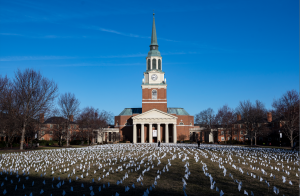






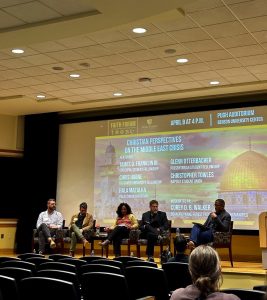

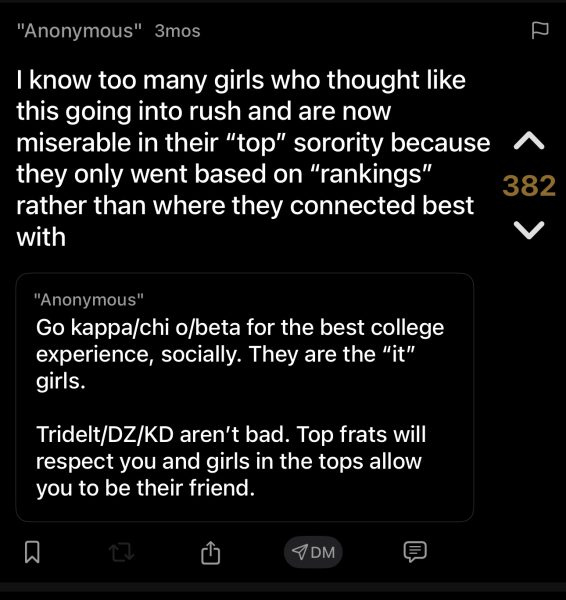
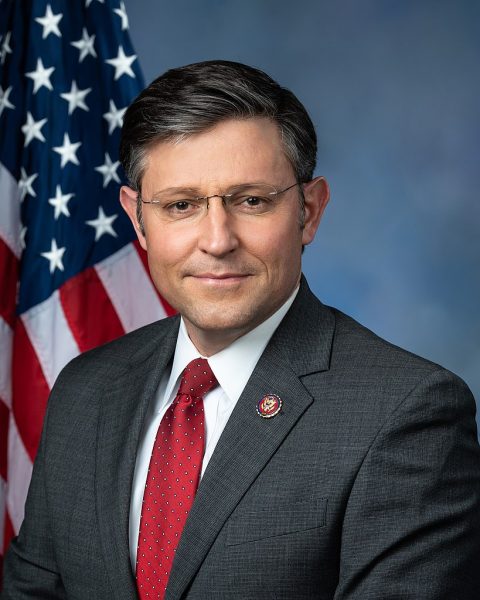


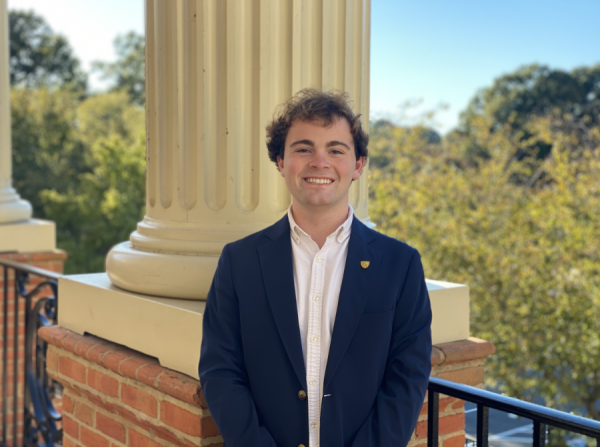
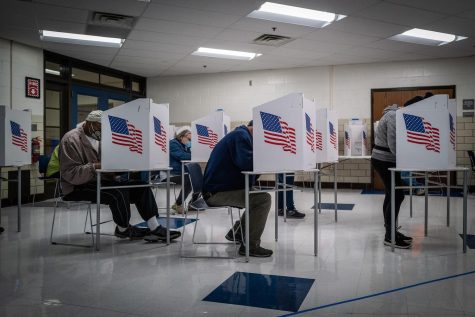
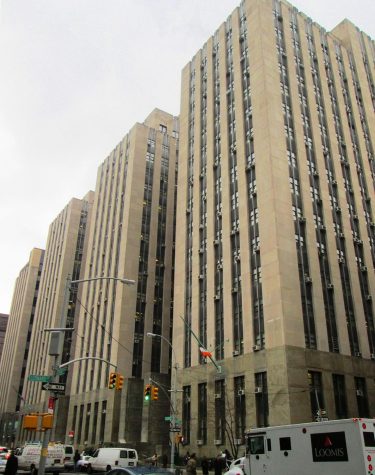


JS • Feb 18, 2023 at 8:41 am
This is simply a partisan attack on Governor DeSantis and it misses the real reasons why he rejected this black history AP course. He rejected an AP African American Studies in part because it contained lessons about “Queer Theory” and doing away with prisons. You lose credibility when you mischaracterize actions to make them look racist which is the opposite of what governor DeSantis was doing.
DJ • Mar 3, 2023 at 10:34 am
The lesson on Queer Theory was a single day within the semester long class. It is an insignificant and unimportant part of the curriculum. Even if it was removed, DeSantis would have opposed the course.
Whit Jr. • Feb 5, 2023 at 12:44 pm
DeSantis vs. DeSantis. I would only suggest that the author step back from his ideology for a moment and build a more temperate, less reactionary case for his position. As the polarizing stridencies accumulate they also distract. Yes, the author and DeSantis have their differences but style is not one of them. I’m sort of reminded of how Ahab got to be more like the white whale by hunting it.